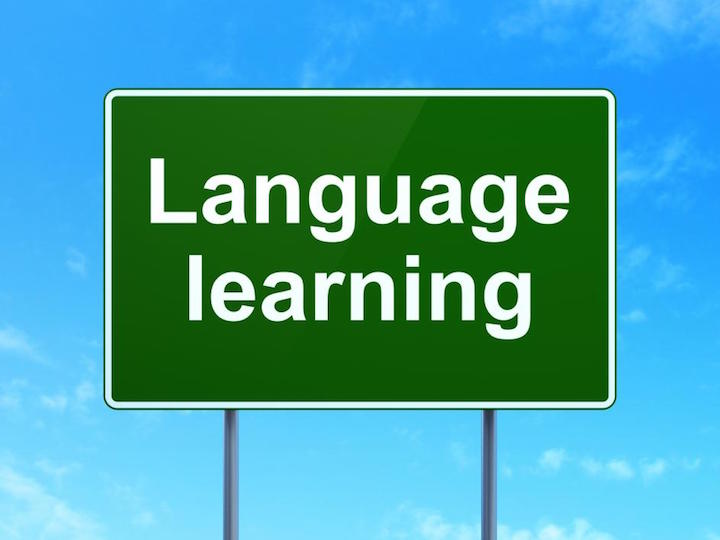How to Individualize Your Language Learning?
 We all learn a little differently, so how do you individualize your own learning?
We all learn a little differently, so how do you individualize your own learning?
Here are some questions for you:
• Do you like grammar, or not?
• Are you a risk taker when you learn?
• Do you mind making mistakes?
• Do you read voraciously?
• Do you love listening to stories?
• Do you like memorizing things?
It's probably worth paying attention to your likes and dislikes. Being aware of HOW we learn makes learning so much more interesting and effective.
LEFT AND RIGHT BRAIN
Research on left brain (logical, verbal, auditory, sequential) and right brain functions (creative, visual, spatial, emotional) has been ongoing for decades, and new imaging techniques have greatly enhanced our knowledge of how the brain works.
It's no mystery learning a language involves many functions of the brain for everyone. We don't learn a language just by listening (a left brain activity) and speaking, and kids don't do that either.
Small children don't yet know how to read and write. Still, they pick up a lot of visual and other clues from people (facial expressions, gestures), their surroundings (objects, movement), the context of a conversation (asking for something, looking for a toy), etc.
Once kids have learned to read and write, a mental “text image” may start to play along. Because we live in a text-based world, wanting to know how a word “looks” (is spelled) is part of language learning.
PRONUNCIATION AND SPELLING
For example, when I was learning Chinese strictly through listening, I found myself imagining how the word would be spelled with western letters.
Without thinking about it, I used the “regular” German sound-letter system for this. The pronunciation of almost every [German] word can be derived from its spelling.
When not too long ago, I was learning Italian by just listening, I spontaneously (and erroneously) used French spelling to imagine how the Italian words are written.
I've come to realize that I best learn when I both hear and see a word or phrase.
PACING YOURSELF
Digital games are a perfect vehicle for structuring your own language learning.
They have auditory (spoken language, sounds) and visual features (text, colors, images, design), as well as kinesthetic elements (typing against the clock, clicking on moving images, etc).
If you want to focus on the sound, you can close your eyes or look away from the text.
If you want to focus on a text, you can click on it several times to absorb it visually. You can rush through a game to simulate a rapid-fire conversation. Or you can linger on specific individual phrases or sentences.
You can skip the writing games, or spend extra time with them. You can puzzle over grammar structures – and to follow up, google a dictionary and grammar to double-check. Or you can let your brain figure out the grammar intuitively.
Don't we all have an innate capacity to decode basic grammar?
It's a mistake to think that you have to learn in any prescribed way. Go ahead and learn a language at your own pace and in a way that keeps you motivated. Language learning more fun that way!
